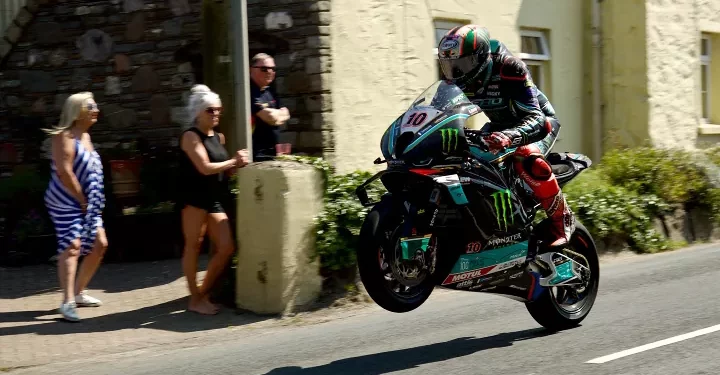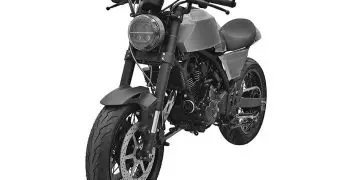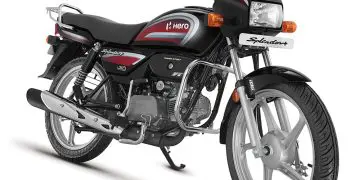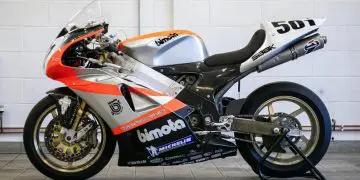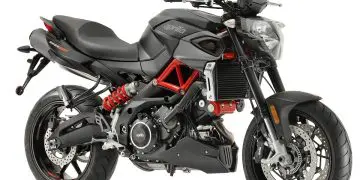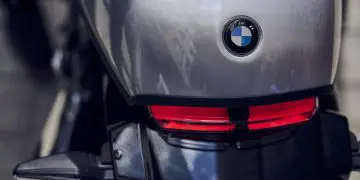Merging these two completely different competitions into the same title may seem quite strange, but deep down these races may actually have some common points.
Starting from the beginning, motorcycle racing fans (and let’s talk about the Portuguese because there are several exceptions throughout Europe) are usually divided between those who prefer speed (MotoGP and Superbike) and those who prefer off-road (Motocross, Enduro, and Off-Road). This is a very basic division – because many of us (myself included) like everything – but it may serve the purpose, with MotoGP clearly being the most appreciated among all these modalities. And it has more fans for several reasons, probably because it is the most media-friendly, because it had a very charismatic gentleman named Valentino Rossi for many years, and because in recent years it has been brightened up by the presence of our champion Miguel Oliveira.
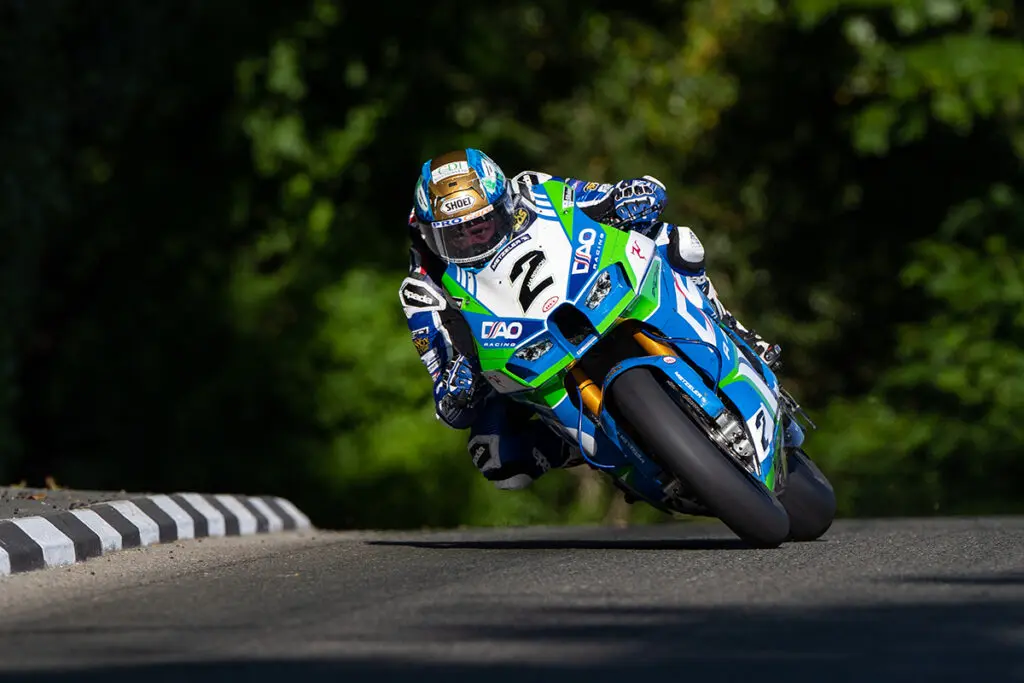
For more than half of the year, national motorcyclists – and many other fans who don’t ride motorcycles – follow these championships through the internet, social media, TV, and magazines (which are becoming less common). However, the most fervent fans of motor sports, on two and four wheels, always have two very special moments marked on their calendars: the beginning of the year to follow everything that happens in the Dakar Rally, and the end of Spring when the races of the Isle of Man Tourist Trophy, or better known as the TT Isle of Man, take place on that small island located between Great Britain and Ireland.
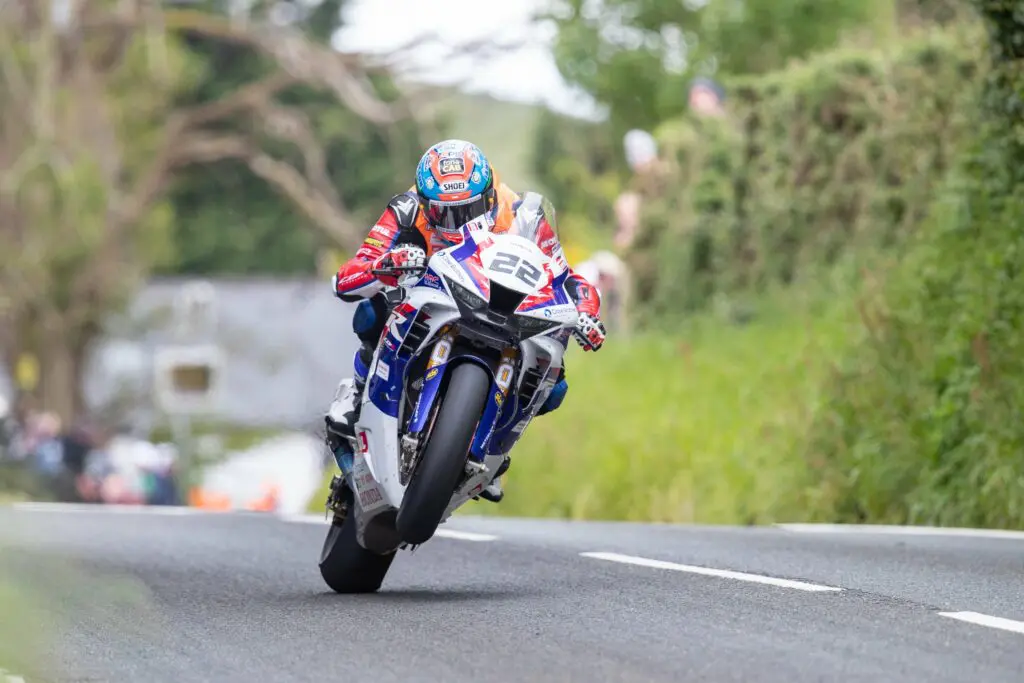
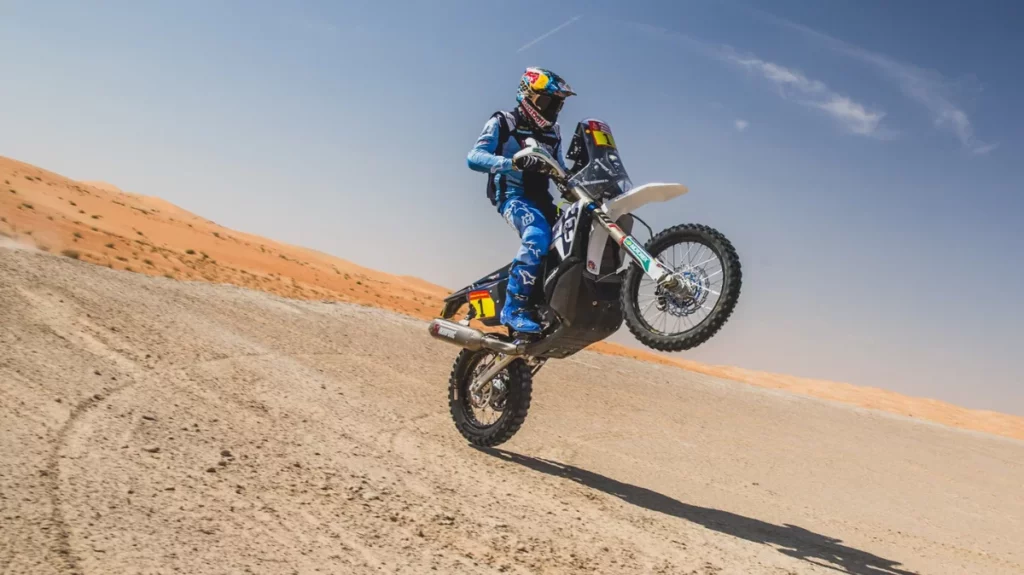
Several aspects are undeniable: motor sports are still dangerous, only those who want to participate in these races do so, and those who do it on motorcycles face many more risks. Hence the developments that have been made in the field of safety, such as the introduction of airbag systems in suits, both in speed and in off-road racing. In fact, the FIM is very attentive to all this and does not want to be seen as the poor relative of the sport, as many will immediately point the finger at the International Motorcycling Federation whenever a fatality occurs, but the federation led by “our” Jorge Viegas also does not intend to “cut off” everything that is riskier. In essence, it is about managing a delicate but always passionate topic with tweezers, although personally I believe that the Dakar, both as a whole in its various categories and in terms of motorcycles, will always have its place, just like the world championship of off-road racing. As for Road Racing, they may have their days numbered, as the obstacles are increasingly political in terms of obtaining licenses and insurance, etc. On the other hand, more “independent” races, such as the one held on the Isle of Man, which has its own government, may continue to remain on the calendar, as their peculiarity and the passion they exert worldwide, among riders and fans – with the consequent tourism – will be stronger than anything else.
We will see if this will be the case or not, but for now, if you want to take the trip or race of your life, don’t waste any more time and take the step forward.
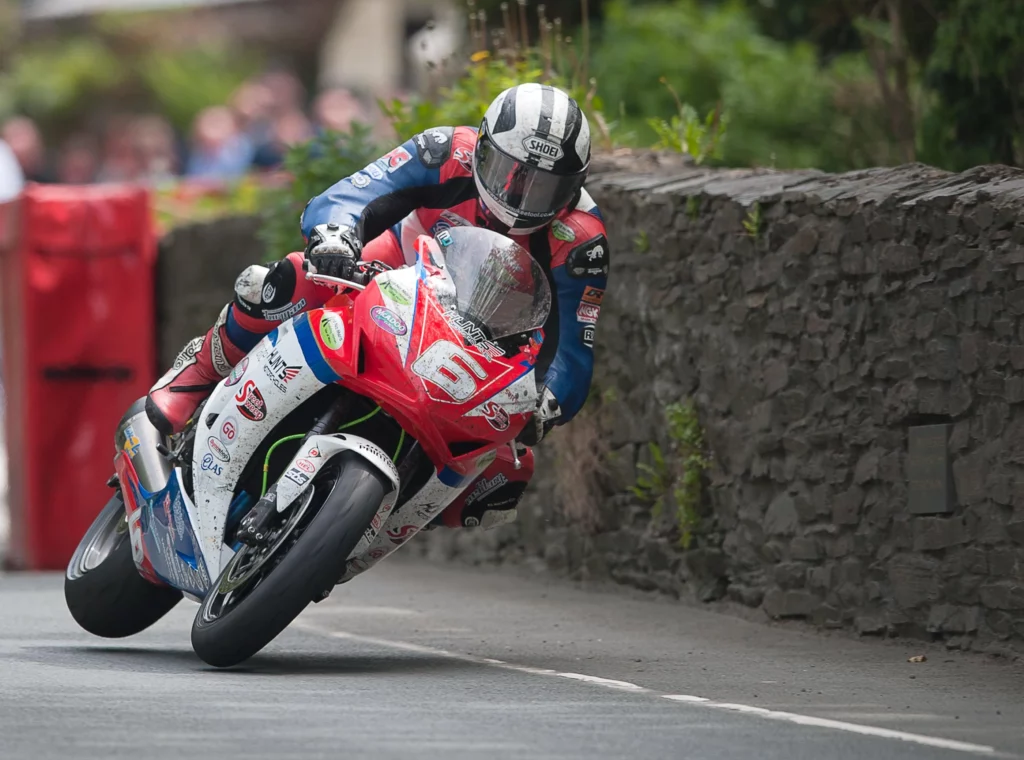
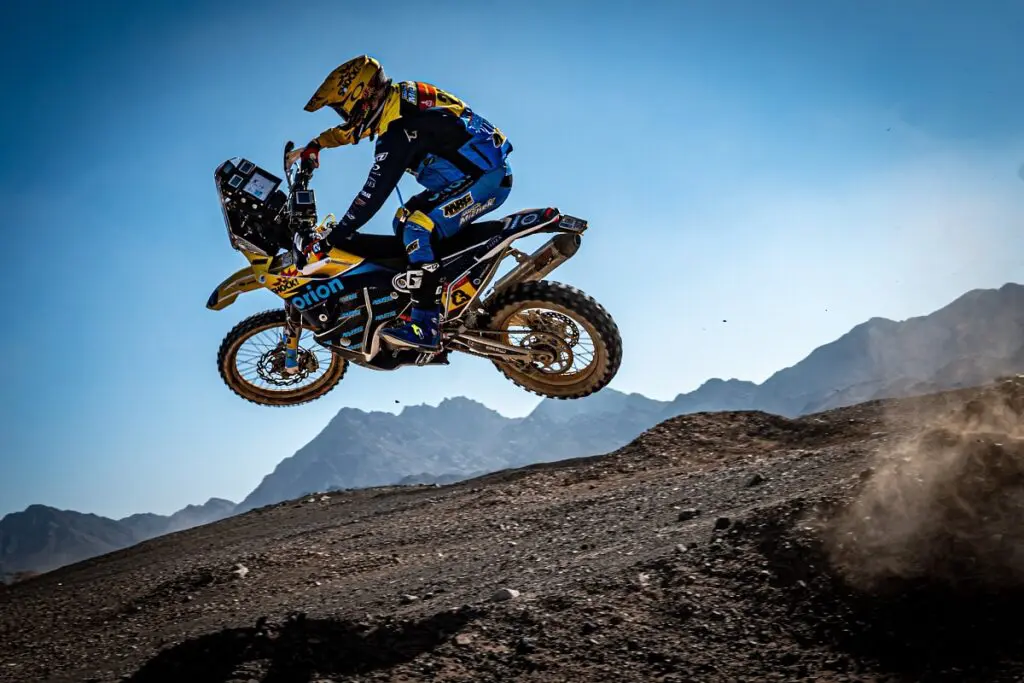
After all, you only live once!
Fernando Neto
Translation:Fernando Neto


